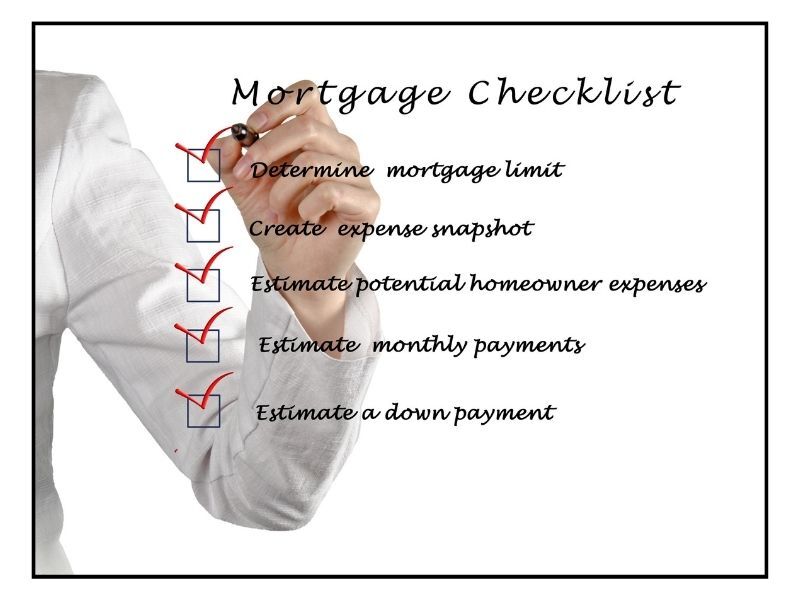 As retirement approaches, many people start to rethink their living situation. While the home where you raised your family holds countless memories, it might not be the most practical place to spend your golden years. Downsizing to a smaller home after retirement can make life easier in several ways, offering both financial and lifestyle benefits. Here’s why moving to a smaller home might be the right choice for you.
As retirement approaches, many people start to rethink their living situation. While the home where you raised your family holds countless memories, it might not be the most practical place to spend your golden years. Downsizing to a smaller home after retirement can make life easier in several ways, offering both financial and lifestyle benefits. Here’s why moving to a smaller home might be the right choice for you.
1. Lower Maintenance and Upkeep
A smaller home requires less maintenance, both inside and out. With fewer rooms to clean and a smaller yard to manage, you’ll have more time to enjoy your retirement. This reduction in upkeep can also lower stress levels, as you won’t have to worry about constant repairs and renovations that larger homes often require.
2. Reduced Living Expenses
Downsizing can lead to significant savings. A smaller home typically comes with lower utility bills, property taxes, and insurance costs. These reduced expenses can free up more of your retirement income for travel, hobbies, or other activities that you enjoy. Additionally, selling a larger home and purchasing a smaller one could provide extra funds that can be added to your retirement savings.
3. Decluttering and Simplifying Life
Moving to a smaller home gives you the perfect opportunity to declutter and simplify your life. Over the years, we tend to accumulate a lot of stuff—some of which we rarely use. Downsizing encourages you to sort through your belongings and keep only what’s truly important. This minimalist approach can lead to a more organized and stress-free living environment.
4. Improved Accessibility
As we age, mobility can become a concern. Many retirees choose to move to homes that are designed with accessibility in mind, such as single-story layouts or properties with features like walk-in showers and wider doorways. A smaller, more accessible home can make daily living more comfortable and safer as you grow older.
5. Closer Proximity to Amenities
When choosing a smaller home, many retirees opt for locations closer to amenities like grocery stores, medical facilities, and social activities. This not only makes life more convenient but also helps to maintain a vibrant social life. Being closer to family and friends can also be a strong motivation for moving to a more central location.
6. Environmental Benefits
A smaller home usually has a smaller environmental footprint. With less space to heat, cool, and light, your energy consumption decreases, which is not only good for the planet but can also reduce your utility bills. For eco-conscious retirees, this can be an added bonus of downsizing.
Moving to a smaller home after retirement offers numerous advantages, from lower living costs and easier maintenance to improved accessibility and a more streamlined lifestyle. It’s a decision that can enhance your quality of life and allow you to focus on the things that truly matter in your retirement years. If you’re considering a move, downsizing might be the key to a simpler, more enjoyable future.
 Have you ever heard of house hacking? It’s a real estate strategy that allows you to live in a property while renting out part of it to generate income. This approach helps offset your living expenses and can even pave the way to financial independence. Here’s a breakdown of what house hacking entails, along with its benefits and drawbacks.
Have you ever heard of house hacking? It’s a real estate strategy that allows you to live in a property while renting out part of it to generate income. This approach helps offset your living expenses and can even pave the way to financial independence. Here’s a breakdown of what house hacking entails, along with its benefits and drawbacks. In today’s real estate market, the dream of owning a home can seem out of reach for many. However, various affordable housing initiatives are making homeownership more accessible. As a real estate agent, I want to share some strategies and programs designed to help you achieve your dream of owning a home.
In today’s real estate market, the dream of owning a home can seem out of reach for many. However, various affordable housing initiatives are making homeownership more accessible. As a real estate agent, I want to share some strategies and programs designed to help you achieve your dream of owning a home.
 Buying your first home is an exciting milestone, but it can also be an overwhelming process, especially when it comes to understanding mortgages. For many first-time homebuyers, the world of mortgages can seem complex and filled with unfamiliar terminology. However, with a little knowledge and guidance, navigating the mortgage process can become much more manageable. In this guide, we’ll break down the basics of mortgages, explain key terms, explore different types of mortgages, and outline the application process for beginners.
Buying your first home is an exciting milestone, but it can also be an overwhelming process, especially when it comes to understanding mortgages. For many first-time homebuyers, the world of mortgages can seem complex and filled with unfamiliar terminology. However, with a little knowledge and guidance, navigating the mortgage process can become much more manageable. In this guide, we’ll break down the basics of mortgages, explain key terms, explore different types of mortgages, and outline the application process for beginners. Foreclosed properties can be diamonds in the rough for savvy homebuyers and investors alike. These distressed properties often come at discounted prices, presenting an opportunity to snag a great deal. However, navigating the process of buying a foreclosed property can be tricky and requires careful consideration. To help you make the most of this opportunity, here are some insider tips to keep in mind:
Foreclosed properties can be diamonds in the rough for savvy homebuyers and investors alike. These distressed properties often come at discounted prices, presenting an opportunity to snag a great deal. However, navigating the process of buying a foreclosed property can be tricky and requires careful consideration. To help you make the most of this opportunity, here are some insider tips to keep in mind: While watching shows like Property Brothers, Flip or Flop, Fixer to Fabulous, Fix My Flip and Fixer Upper may paint a rosy picture of buying a remodeled home, the reality often differs significantly. While these shows depict smooth transformations and stunning results, real-life experiences with remodeled homes can be far more complex and challenging.
While watching shows like Property Brothers, Flip or Flop, Fixer to Fabulous, Fix My Flip and Fixer Upper may paint a rosy picture of buying a remodeled home, the reality often differs significantly. While these shows depict smooth transformations and stunning results, real-life experiences with remodeled homes can be far more complex and challenging. Whether you’re a first-time homebuyer or a seasoned homeowner considering a refinance, the term “escrow account” often looms as a source of confusion. Yet, understanding the ins and outs of escrow accounts is crucial for managing your homeownership responsibilities effectively. In this article, we’ll address some common questions and concerns regarding escrow accounts to shed light on their importance and functionality.
Whether you’re a first-time homebuyer or a seasoned homeowner considering a refinance, the term “escrow account” often looms as a source of confusion. Yet, understanding the ins and outs of escrow accounts is crucial for managing your homeownership responsibilities effectively. In this article, we’ll address some common questions and concerns regarding escrow accounts to shed light on their importance and functionality. In the wake of the COVID-19 pandemic, the way we work underwent a profound change in the way most people do business. It became apparent that working from home was more than a temporary change. As companies adapted to remote work models, many employees found themselves unleashed from traditional office spaces.
In the wake of the COVID-19 pandemic, the way we work underwent a profound change in the way most people do business. It became apparent that working from home was more than a temporary change. As companies adapted to remote work models, many employees found themselves unleashed from traditional office spaces. Have you finally found your dream home after months of searching, and then you are told that the seller has received other offers? No buyer wants to find themselves in a bidding war against another buyer as it is a stressful situation. Being unprepared and not having your finances in order will make it even more stressful. Here are a few quick ways if you’re looking to speed up your mortgage approval process, here’s a checklist to help you prepare:
Have you finally found your dream home after months of searching, and then you are told that the seller has received other offers? No buyer wants to find themselves in a bidding war against another buyer as it is a stressful situation. Being unprepared and not having your finances in order will make it even more stressful. Here are a few quick ways if you’re looking to speed up your mortgage approval process, here’s a checklist to help you prepare: